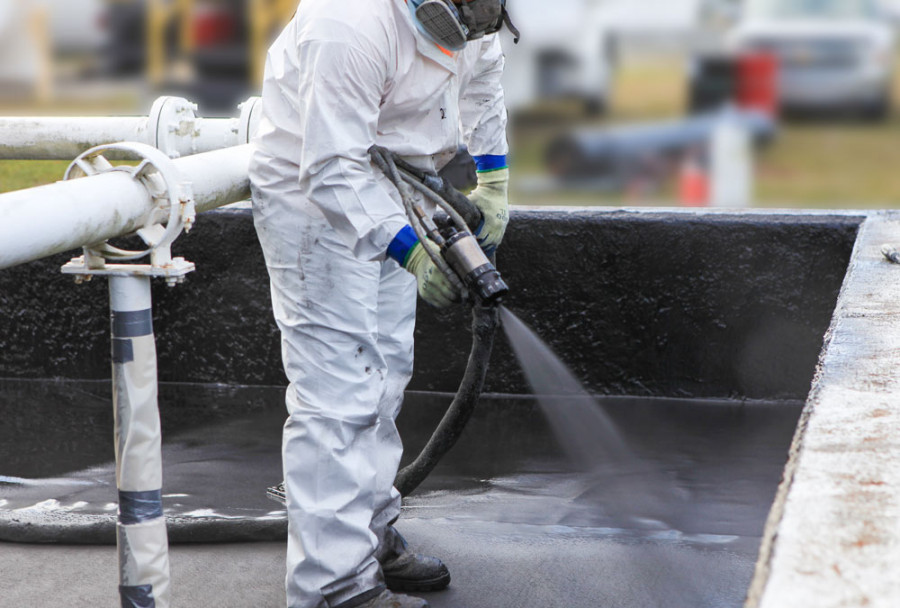You might think that having eyeglasses made without glare is something simple that everyone would do. In fact, it would seem like everyone would want to have a non-glare non-reflection optical polyurea on their lenses so that they’d be able to see their best, especially at night. However, you would be surprised at how many people don’t take advantage of better vision in the USA.
In Japan, it is estimated that 95% of the glasses that are sold have anti-reflection coating on them. In fact, if you don’t want the coating, you have to pay extra. In Europe, about half of the eye glasses sold have anti-reflection optical coating, but in the United States, that number is only 15 percent.
The anti-reflection coating is applied to glasses in order to improve vision through the way that the glasses work. The coating is applied similar to the way that coating is applied on microscopes, and lenses of cameras. The non-glare coating is applied in layers, and each of the layers is calculated to block reflecting light. When you have glasses that have anti-reflection optical coating, you’ll see a reduction in the amount of glare that you have, as well as a reduction in halos that you see around lights. Reflections will also be a thing of the past. With anti-reflection coating, you will be less annoyed by glare, and you’ll also be safer, as you will be able to see much more clearly.
Not only is anti-reflection optical coating good for being able to see better, without a glare, but they make the lenses look better. When you have glasses that aren’t coated, reflections and glare can cause the glasses to look thicker and unclear when someone is looking at you. With the anti-reflection optical, the glasses appear clearer, and your eyes will look more natural behind them.
There are several benefits that you’ll get from a non-glare optical coating. First of all, you’ll have improved night vision. This is great for driving, or for simply being out at night, because you’ll be able to see better. You will also have decreased computer glare. This is great if you spend a lot of time working on the computer, or simply want to be able to see it better. With anti-reflection optical coating, you’ll find you have reduced eye strain, and less overhead fluorescent glare to worry about. Not only that, but anti-reflection optical coating allows you to enjoy great looking glasses.
There are even more reasons that you should consider using anti-reflection optical coating for your next pair of lenses. They improve the value of your lenses, by reducing disturbing reflections. Also, you are going to be able to experience the most crisp, clear, and natural vision that is not possible for you to experience with lenses that are not coated.
Driving is perhaps the best time to enjoy non-reflection optical coating. You’ll have improved safety and speed, especially when you are driving at night. Also, when you are working, you’ll be able to benefit from the anti-reflection optical coating because the glare will be reduced, and the computer will not put as much of a strain on your eyes. Not only that, but the anti-reflection optical coating are going to improve your appearance by making your eyes look clearer and brighter than they have ever been.
Once you’ve heard that anti-reflection optical coating allows you to look better, be safer, and simply see better, there seems to be no reason that anyone would intentionally leave the coating off of their lenses. However. The number of people who get the coating on their lenses is very low, meaning that the vast majority of people just don’t see that the coating is very important. If you really want to be able to see your best, your clearest, and your happiest, one of the things that you want to be sure to do is to remember the anti-reflection optical coating that will come on your lenses. Without it, you’ll be aware at the reflections and glare that will bother you. With the coating, you’ll be shocked at how clear your vision can actually be. You can get HD Vision with anti-reflection coating, and this will allow you to see all that you can see.

